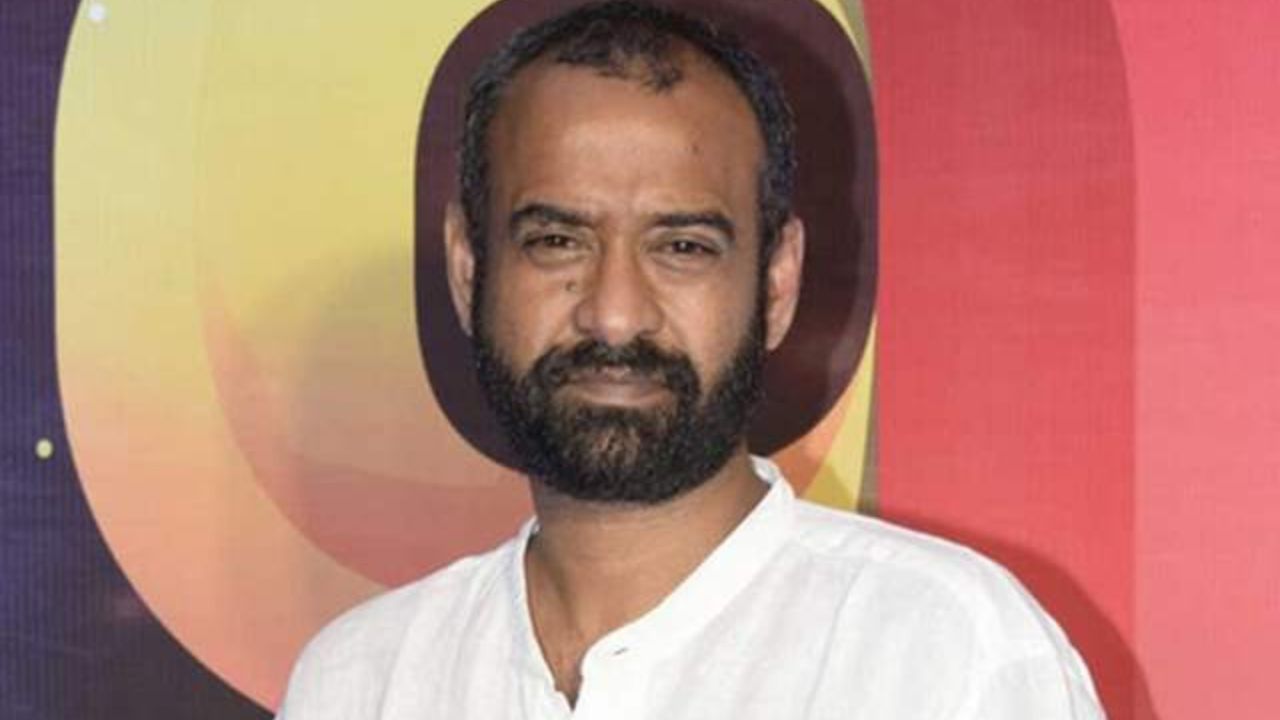Queen directed by Vikas Bahl, is to women’s empowerment in Hindi cinema, what Deewaar was to the anti-establishment cinema.
Queen , to a large extent, changed the way we looked at the shero, then known as the heroine.
Revisiting the film , co-producer Madhu Mantena says Queen wasn’t designed to be such a historic happening. “We never planned it as such a landmark. Like most memorable films, Queen just happened. The film holds together ten years later for its timeless plot.To have the heroine, or the shero, if you want to call her, take off on her honeymoon even after her marriage was called off, was a very liberating concept.”
Indeed, feminism got a feisty fillip in Queen.
The film begins with another big fat Punjabi wedding! Before we know it the narrative takes wings, much like its protagonist Rani played by the born-again Kangna Ranaut. Seven years ago she had made her stunning debut in Anurag Basu’s Gangster only to serve up a series of disappointing films and performances.
In Queen Kangna got her groove back. Kangna was so in-sync with her character that you wonder if the story was written according to the emotions that the actress had stored away in her heart. It all comes out now in a portrait that for years would be summoned up as an epitome of on-screen transparency.There is a stark honesty about Kangana’s portrayal of the Delhi girl who is deserted by her husband-to-be days before the wedding. Familiar, no? Director Bahl turns the oft-repeated tale of betrayal and self-realization into an ode to womanhood. The naked yearning in Rani’s eyes when she pleads with the selfish idiot not to destroy her life is so real it leaves you shaken. Kangana lives through every moment of Rani’s journey from a Delhi middleclass’ cocooned existence to a girl making her way through the dark sinister alleys of Paris and strippers’ joints of Amsterdam in a voyage of self-realization that makes Sridevi’s journey in English Vinglish look like a pre-paid vacation.
There is something magical about the way Bahl uses Kangana’s artless vulnerability to express the character’s hurt and desire, sometimes both in the same breath. At the end we’re left with a female character who is naive and yet worldly-wise, who thinks sex happens only after marriage and yet kisses an aggressive Italian stranger just because she finds him as hot as Salman Khan.
Rani naively lectures a stripper in Amsterdam from ultra-conservative Pakistan (a curious anomaly, this) on how she must find a better job for herself, and yet thinks nothing of getting drunk in a Parisian bar with her bindaas half-French half-Indian girl pal (Lisa Hayden sexy and sassy).
The silken-smooth plot can be roughly divided into the ‘Parisian’ and the ‘Amsterdam’ half, though neither of two cities come across as touristic spots. Even when Bahl takes his wide-eyed heroine and her sexy girl-pal to the Eiffel Tower it is to look at that monumental edifice in a gaze that cinema has never dared before.
But then Queen is that kind of a film. I came away so much richer, spirit awash with thoughts of hope life and sunshine. Every character from Rani’s parents, to her Parisian friend Vijay-Laxmi (who ironically has the same first-name as her cad of a fiance) to her three male room-mates in Amsterdam make a space in your heart forever.
The brilliantly transitional screenplay has no jagged edges. Every component somehow slips into place. As Bahl tells his story we become one with Rani’s journey. The desperate optimism of her marriage-less honeymoon directs her to inner reserves of strength and will-power that she didn’t know existed. By the time Rani’s journey end, you are supremely attached to her soul.
Ranaut’s performance holds the film together even as Rajkummar Rao as the selfish fiance and Lisa Haydon as Rani’s bohemian Parisian pal lend added colour to the bewitching canvas. The smallest of the roles are performed with unconditional conviction.
Once in a while in the movies we get to meet a girl as free-spirited as Rani. Infectious in their joie de vivre the film and its protagonist’s zest for life are endearing and contagious. Queen is the quintessential inspirational tale with a central performance that makes most of what we see in Hindi cinema look like put-on slide shows. If you miss Queen you may never get a chance to know how Rani journeyed into self-actualization to the pounding sounds of Asha Bhosle’s ‘Hungama Ho Gaya’.


